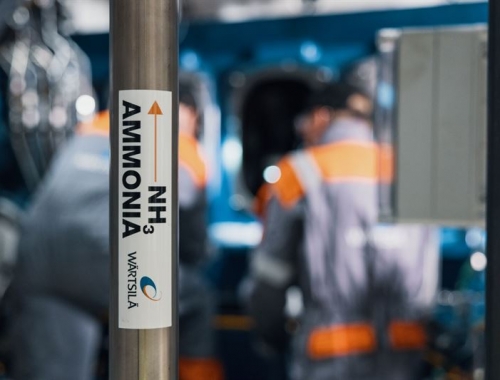Oil & gas industry needs $600bn to halve emissions intensity by 2030, says IEA
SUMMARY
Oil and gas operations account today account for around 15% of energy-related emissions globally, and the IEA's Net Zero Emissions by 2050 scenario envisages the intensity dropping by half by the end of the decade.
By Joseph MurphyPOSTED IN:
The global oil and natural gas industry would require $600bn in upfront investments to halve the emissions intensity by 2030, the International Energy Agency (IEA) estimated in a report published on May 3.
Oil and gas operations today account for around 15% of energy-related emissions globally, and the IEA's Net Zero Emissions by 2050 scenario envisages the intensity dropping by half by the end of the decade.
"Today's IEA report highlights that reducing methane emissions from the oil and gas industry is the single most important measure and could reduce emissions by up to 1.2 gigatons of CO2 equivalent by 2030, equivalent to emissions from the aviation industry," Oil and Gas Climate Initiative (OGCI) vice president for strategy and policy, Julien Perez, commented on the report. "“The OGCI is taking action on all of the key levers the IEA identified to achieve this reduction, notably on methane emissions."
Cutting methane emissions is "a major priority" for OGCI, he said, noting that its member companies had already reduced methane emissions by 40% since 2017.
“OGCI is helping to build a coalition of companies committed to reducing emissions from their operations through the Aiming for Zero Methane Emissions Initiative, which has already been endorsed by over 80 companies and organisations, but more companies need to join our collective effort if we are to meet this critical target," he said.








